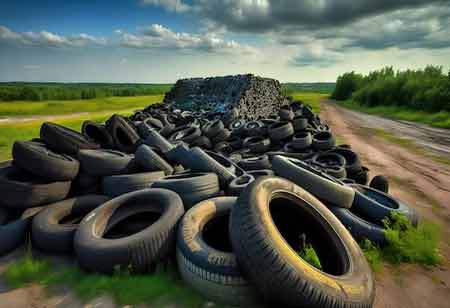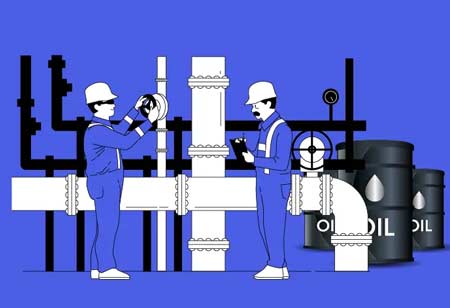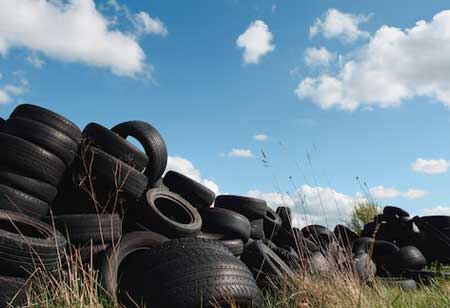Thank you for Subscribing to Environmental Business Review Weekly Brief
Wastewater Treatment Paving the Way to Environmental Health
Wastewater treatment enhances public health and safety, improves resource efficiency, and minimizes waste.

By
Environmental Business Review | Friday, September 05, 2025
Stay ahead of the industry with exclusive feature stories on the top companies, expert insights and the latest news delivered straight to your inbox. Subscribe today.
FREMONT, CA: Wastewater treatment is essential to industrial operations, particularly in preserving the health of surrounding ecosystems. Properly treated wastewater can be transformed into a reliable resource for diverse applications. By enabling water reuse, effective treatment fosters sustainability and protects the environment.
Advantages of treating the wastewater
Preserve public safety and health: Metal pollutants such as lead accumulate on road surfaces and are not washed away by rain. Conventional wastewater treatment removes some impurities. However, it cannot reduce or eliminate the salt concentration. Therefore, dust suppression is a crucial step in wastewater treatment.
Oil and gas wastewater are typically permitted to be placed on roads for dust suppression or deicing purposes. Wastewater treatment contains a high concentration of salts such as calcium, sodium, strontium, and magnesium, making it suitable for deicing and dust suppression. However, oil and gas wastewater contains high levels of organics, salts, and radioactivity. This effluent can spread across roads, potentially causing biological harm, including in humans. When oil and gas wastewater collects on the road, it has the potential to contaminate water sources.
Oil and gas wastewater should be cleaned before being used for deicing or suppressing dust on dirt roads to protect public health and worker safety.
Boost recovery of by-products: Generally, any industrial operation that utilizes a lot of water produces a large amount of by-products, which are washed and dumped into wastewater streams. A wastewater treatment system can help in locating treasures like ingredient scraps, steel fines, and other residual items that would otherwise end up as waste.
Processed water is clean and safe: Wastewater may be utilized, saving money and improving the environment. Toxins in wastewater are eliminated during the process, yielding clean and safe water.
Water is a renewable resource. However, rain and evaporation take a long time to remove pollutants. So, wastewater treatment is a realistic solution that speeds up the process while providing safe and crystal-clear reusable water.
Prevent industrial equipment damage: Residual wastes that enter other equipment and processes can harm and reduce the capacity of liquid-based wastewater treatment plants. When leftover wastes are transferred to a sewer system, one will most certainly face high discharge fees.
Enhance efficiency: Wastewater treatment, particularly liquid-solids separation technology, is necessary to improve the efficiency of the industrial manufacturing process. Such systems treat stormwater runoff and wastewater, removing everything from the smallest to the largest particles, including inorganic particles and wastewater. With a liquid-solids separation system in place, organizations may increase manufacturing efficiency while minimizing operational expenses.





